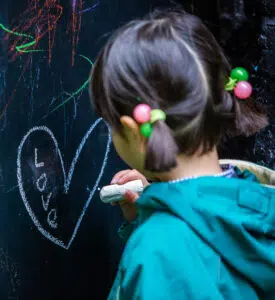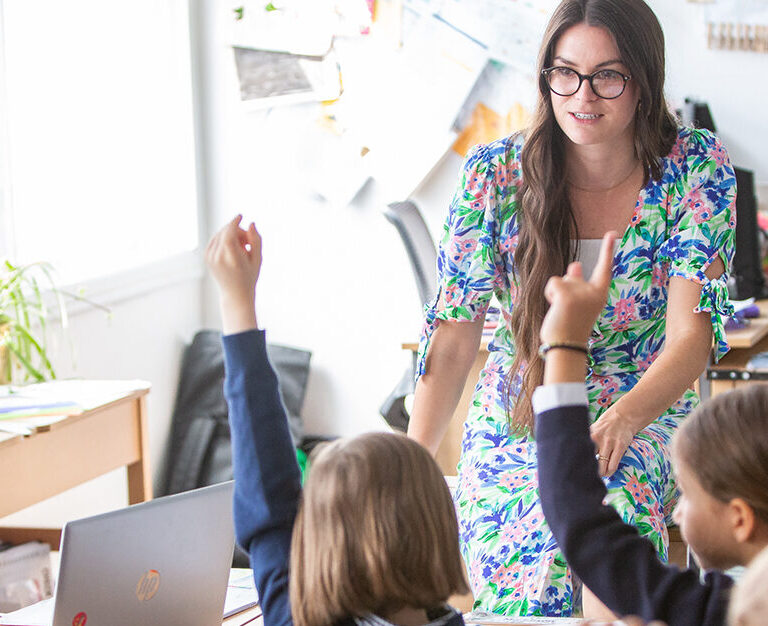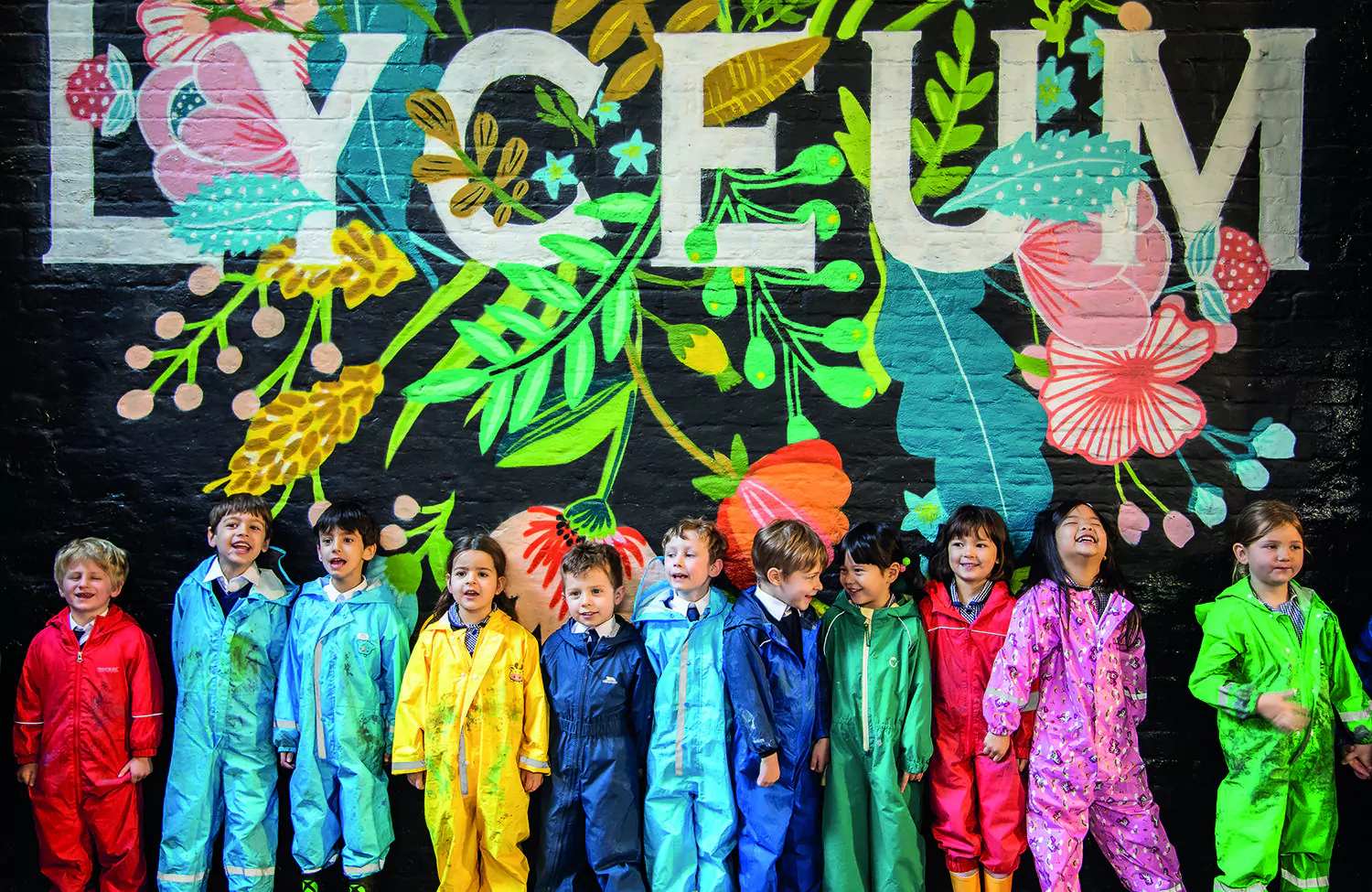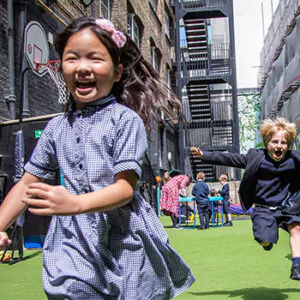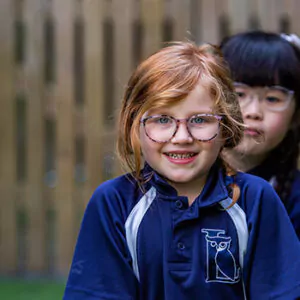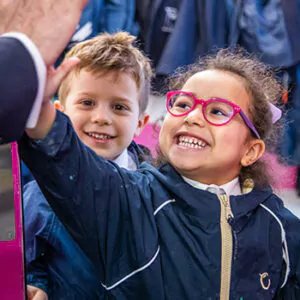PSHE and RSE are planned programmes of learning through which children acquire the knowledge, understanding and skills they need to manage their lives successfully – now and in the future.
PSHE and RSE lessons are covered through a whole-school scheme called Jigsaw. Jigsaw adopts a mindful approach bringing together Personal, Social, Health Education, emotional literacy, social skills and spiritual development.
PSHE is taught once a week, where our teachers tailor the lessons to the children’s needs in an age-appropriate way.
All year groups working on the same theme (Puzzle) at the same time. This enables each Puzzle to start with an introductory assembly, enabling learning to be celebrated by the whole school in a meaningful way.
There are six Puzzles in Jigsaw designed to progress in sequence from the beginning of each academic year:
Autumn Term 1: Being Me in My World
Autumn Term 2: Celebrating Difference (including anti-bullying)
Spring Term 1: Dreams and Goals
Spring Term 2: Healthy Me
Summer Term 1: Relationships
Summer Term 2: Changing Me (including Sex Education)
Each Puzzle has six Pieces (lessons) which work towards an ‘end product’, for example, The School Learning Charter or The Garden of Dreams and Goals.
Each Piece has two Learning Intentions: one is based on specific PSHE learning and the other based on emotional literacy and social skills development.
In addition to our PSHE Jigsaw curriculum, The Lyceum offers support and adapts its PSHE curriculum in the following areas: E-Safety, SEND, school council; as well as developing the emotional literacy of its pupils through Anti-Bullying Week.
RSE
The Relationships and Healthy Me Puzzles (units) cover most of the aspects in the guidance but these are enhanced, revisited and foundations built throughout the Jigsaw Programme.
Health Education in Jigsaw embraces not only physical health but has a strong focus on mental health and emotional literacy throughout, and empowers children to be aware of their own thoughts and feelings and know how to manage and regulate these e.g.using Calm Me Time (mindfulness and well-being techniques).
Please see the parent guide and the long-term mapping document to see the progression of objectives year-on-year.
PSHE RSE A Guide For Parents 2021
Jigsaw Content Overview
Jigsaw 3-11 and Statutory Relationships and Health Education
RSE Policy
Knowledge Organisers
